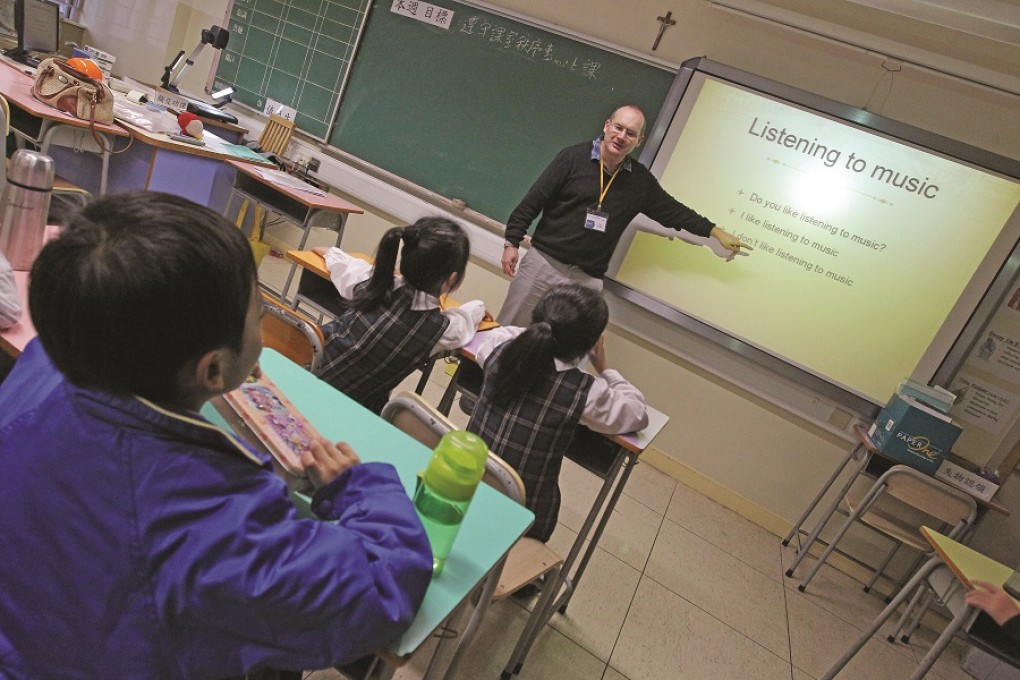Voyages of discovery
Special social science master’s courses offer students a whole new perspective, not just on global issues but also about themselves.

While university programmes are often interesting and useful, they are seldom life-changing. But Wang Zhengfei, who began studying for his master’s degree in September, feels that the course is already changing him and how he views his future.
Wang, who studied journalism on the mainland and was an exchange student in Sweden for a year, saw an introduction to the master of social sciences in global and Hong Kong studies (MSSGHKS) offered by The Education University Hong Kong (EUHK) at an education and career fair, and found it very attractive.
“We are not just studying theories; the case studies are very lively and I’m learning about issues in a lot of countries. I started to feel closer to, and more caring about, human beings in general – this is a new kind of feeling,” Wang says.
The course was launched this academic year and aims at developing students’ multidisciplinary perspectives in the fields of politics, economics and sociology. Once students have a good grasp of the interlinked nature of economics and politics, and a global overview through finishing four core courses in global studies, Hong Kong is placed in its global context via four other core courses. Students assess whether any lessons can be learned from other societies, and how to approach particular local problems.
According to Dr Adam Cheung Ka-lok, MSSGHKS programme director and assistant professor in the Department of Social Sciences at EUHK, the course is unique. There are no comparable Hong Kong studies courses which, at the same time, provide such a global perspective.
“For example, a lot of people see the rise of localism as a Hong Kong problem. This course explains that although Hong Kong is unique, what we have today is also a problem in other societies. Then we turn to Hong Kong again and see if any lessons can be learned from them,” Cheung explains.
